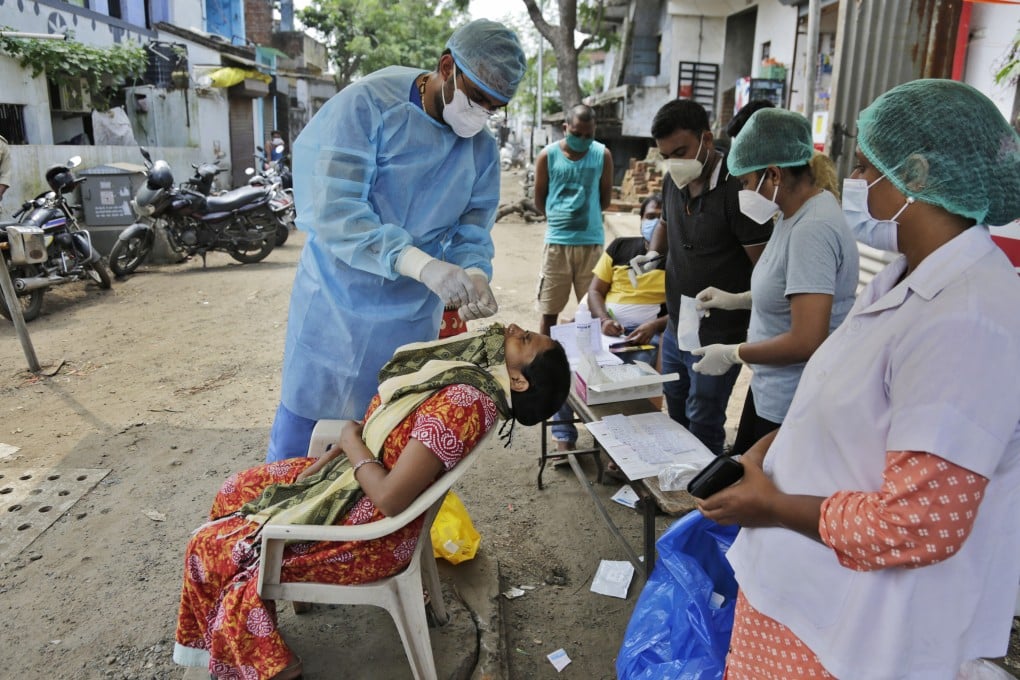Coronavirus latest: India overtakes Brazil with second-highest number of cases
- India’s Covid-19 cases have reached 4.2 million, more than Brazil, becoming the second worst-hit country after the US, which has over 6.2 million cases
- Cases dropped to a three-week low in South Korea and a 10 week low in Australia’s Victoria, but Melbourne’s lockdown remains in place till October

In Asia, Australia warned of mounting economic pain as Victoria state announced only a gradual easing of its lockdown. Indonesia cases topped 3,000 for a fifth day, with outbreaks in Jakarta and Bali, while South Korea reported the fewest new infections in three weeks.

03:05
India overtakes Brazil with second-highest number of Covid-19 cases, city of Pune national hotspot
India, with a daily record 90,802 cases on Monday, also has the fastest-growing caseload. The United States, with more than 6 million cases, remains the worst-affected country.
Deaths in India have been relatively low so far, but it has posted more than 1,000 deaths for each of the last five days. On Monday, India’s health ministry said 1,016 people died of Covid-19, taking total mortalities to 71,642.
More than 1 million cases have been detected in India in less than two weeks. Authorities say India’s daily testing exceeds 1 million now.